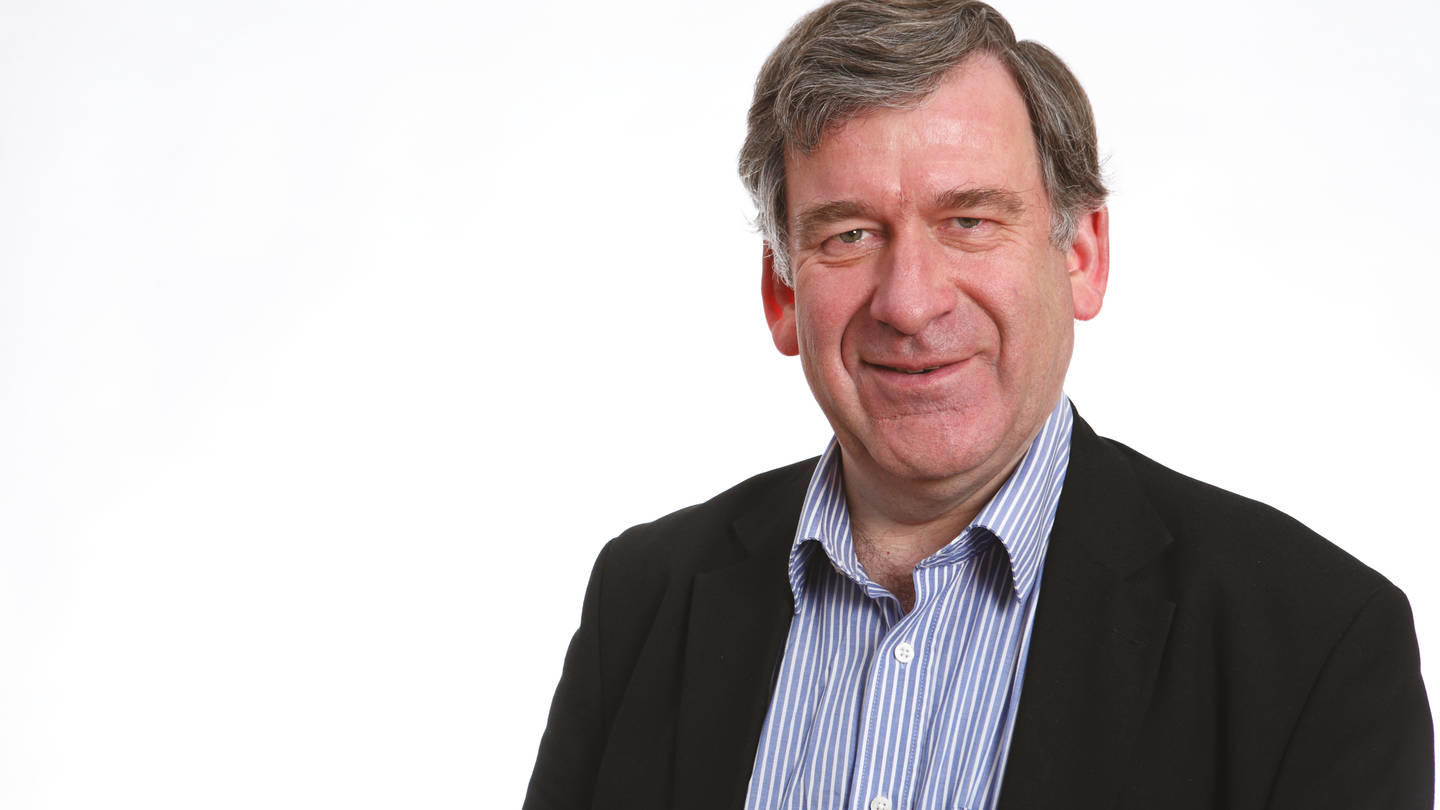One is a working dad, the other relies on carers. Which do you admit?
Clinical decisions are rarely divisible from ethical dilemmas. But, as a BMA conference on 8 December – ‘Justice, fairness and medical ethics seen through the lens of COVID-19’ – heard, these questions have come into sharp focus on the COVID-19 front line.
The online discussion wrestled with complex questions of prioritisation amid competing pressures and agendas.
How do we balance the needs of the individual against the needs of the population, when physicians have a duty to both? Who should we treat? Who makes these choices?
Resources in future
Early in the pandemic, things were perhaps more clear-cut, said conference chair Professor Raanan Gillon, the immediate past BMA president. There was ‘a morally justified case’ for prioritising COVID-19 patients to protect others and safeguard NHS capacity.
But what happens when this threat subsides and other ‘morally relevant’ factors such inadequacy of resources crowd in?
As the direct and indirect effects of COVID-19 become clearer, many feel priorities should be reviewed. Iona Heath, former president of the Royal College of GPs, stressed that addressing the social inequalities the disease had exposed and exploited was now paramount.
Chris Danbury, a critical care consultant in Berkshire, said shouldering the ‘moral burden’ of those 3am decisions in ICU was exacerbating doctors’ ‘burnout’ and ‘moral distress’. Amid rising demand and shrinking capacity, he called for a national framework to support clinical decision-making.
Triage tribulations
 CHISHOLM: 'Moral duty to speak out'
CHISHOLM: 'Moral duty to speak out'
Professor Sir Jonathan Montgomery, co-chair of the Government’s moral and ethical advisory group, reflected on the difficulties of achieving consensus on national guidance. Attempts to devise a ‘triage tool’ for critical care in March and the controversy it sparked had been a ‘painful exercise’, he said.
The BMA has gone some way to plugging the gap with its own guidance in response to COVID-19, said John Chisholm, chair of the BMA medical ethics committee.
Summing up, Dr Chisholm said he hoped the conference had reinforced ‘our moral duty to act as advocates for individual patients, to take on a responsibility for communities and for promoting public health, but also… our moral duty to speak out, individually and collectively, when we see abuses of medical ethics and of human rights’.

